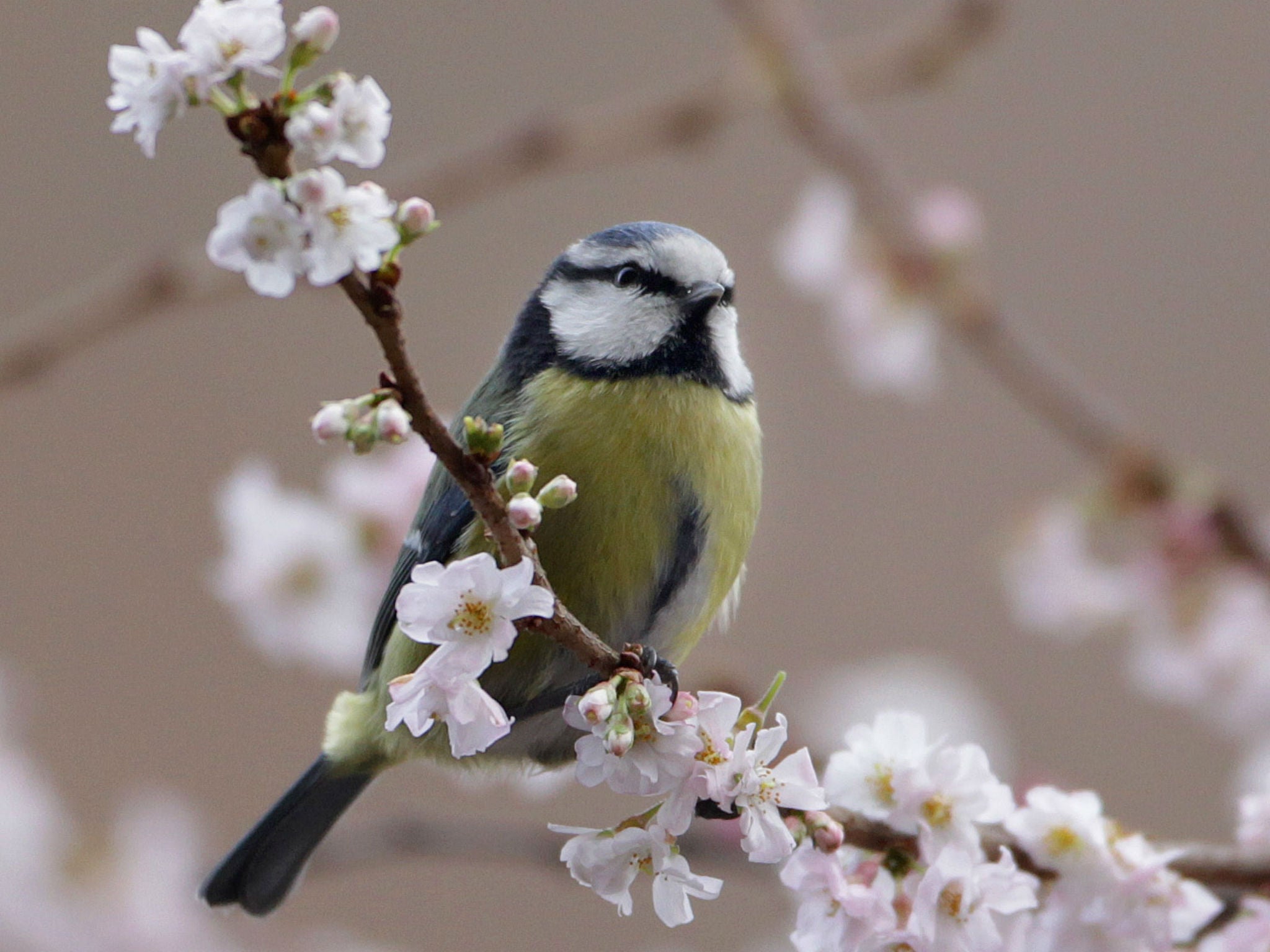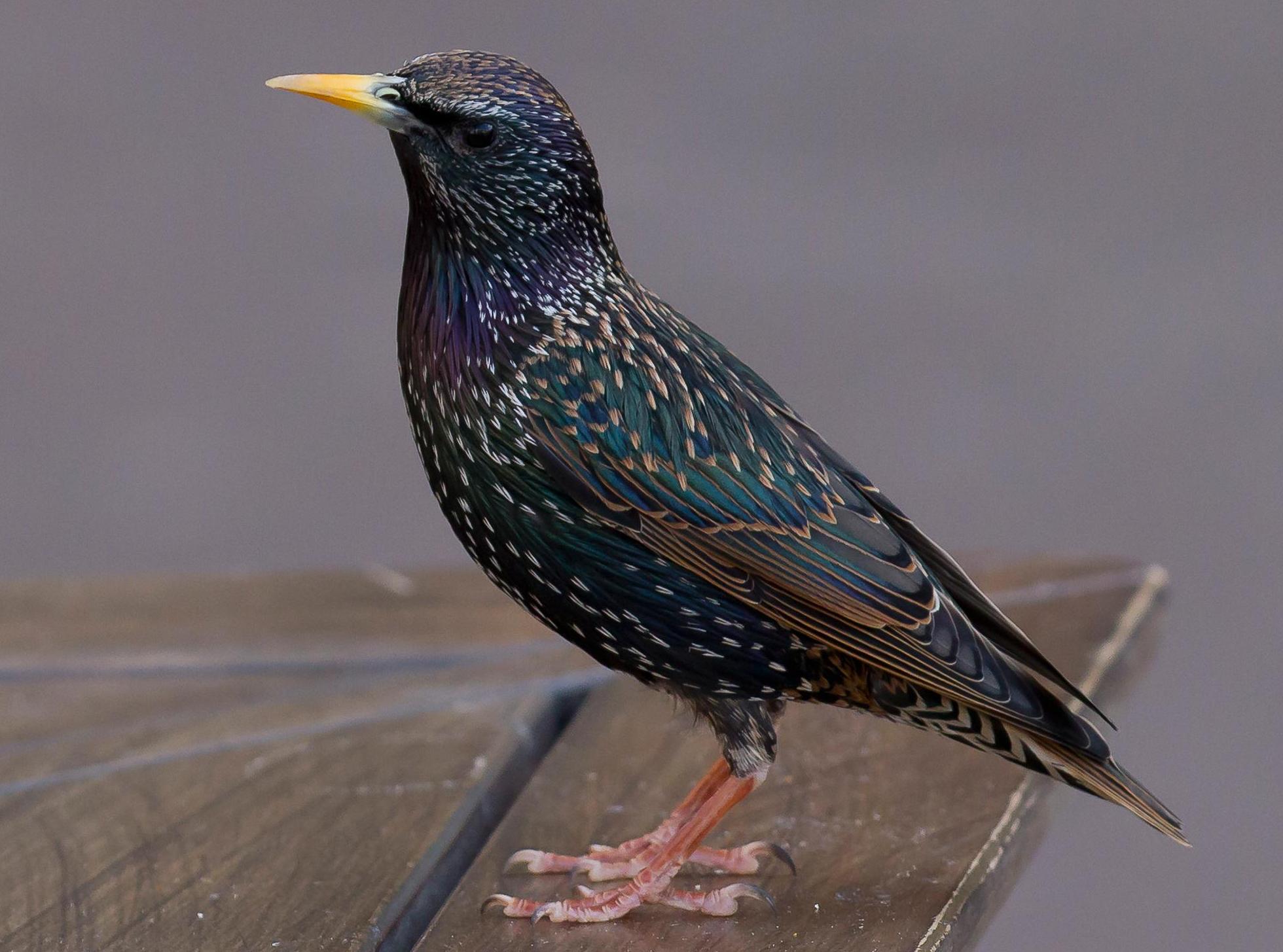The birds soaring because of climate change - and why that has scientists worried
Experts said small garden birds have had more food because of higher temperatures

Smaller garden birds are thought to be thriving across the UK thanks to one of the warmest ever winters
The RSPB's annual Big Garden Birdwatch found that long-tailed tits, great tits and coal tits were among those benefitting from the mild conditions.
More than half a million people counted the birds in gardens and parks across the country to find that the house sparrow remains the most-seen species, followed by starlings and blue tits.

The survey was carried out over a weekend in January following the warmest and wettest December in the UK for more than a century.
Dr Daniel Hayhow, an RSPB conservation scientist, said: “The weather can have varied effects on different groups of birds in terms of behaviour and habitats used.
"The increase in long-tailed tit sightings, along with other smaller garden birds, just goes to show that in the absence of very cold weather these species can survive the winter months in much great numbers.
"The warmer temperatures have made it easier to find food, like insects, which in previous colder winters would have been harder to come by because of frosts and snow.”
Experts believe the change is responsible for a 44 per cent spike in spottings of long-tailed tits, which entered the top 10 for the first time in seven years and was seen in a quarter of gardens.
In colder conditions, more birds tend to flock to British gardens as food in the countryside dwindles and they become reliant on feeders containing the seeds and peanuts they have adapted to eating.
The results varied around the UK, with the starling beating the house sparrow to the top spot in Northern Ireland, chaffinches being most commonly seen in Scotland and blue tits found in 80 per cent of Welsh gardens.
More than 8.2 million birds were counted in what the RSPB has described as the world's largest garden wildlife survey, which has been running for 37 years.
But many of Britain's most beloved birds still appear to be struggling.
Particularly hard hit are starlings and song thrushes, which have suffered a decline of 80 per cent and 90 per cent respectively since the survey began in 1979.
Ben Andrew, a wildlife adviser for the RSPB, said: “A lot of our favourite garden birds are struggling and are in desperate need of our help.
“Gardens or outdoor spaces are an invaluable resource for many species – they can provide a safe habitat and enough food and water to survive – which are likely to have a significant effect on their populations.”
A parallel survey held at UK schools saw children across the UK count birds, spotting blackbirds, starlings and woodpigeons as the most common playground visitors.
The RSPB is urging people to provide food and shelter for wildlife in their gardens, such as nest boxes, ponds or hedgehog houses, as part of its Giving Nature a Home campaign.
Join our commenting forum
Join thought-provoking conversations, follow other Independent readers and see their replies
Comments